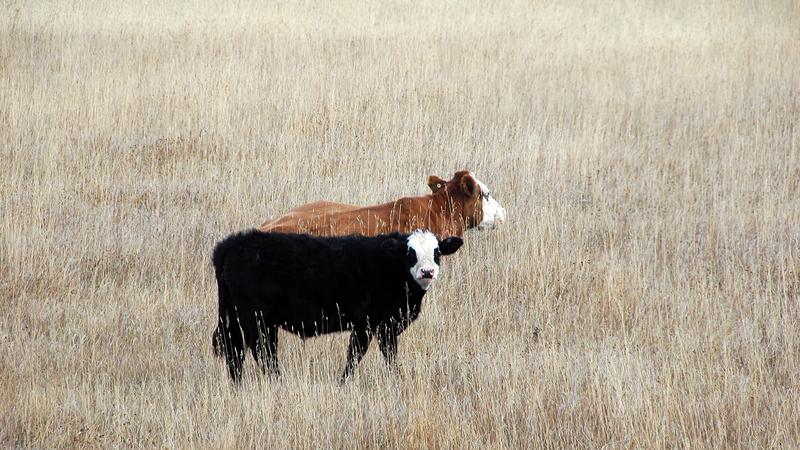
Local rancher meetings on drought put spotlight on feed issues
GRANDE PRAIRIE, Alta. – Organizers say the number of people who attended a series of meetings on ways ranchers can deal with drought totalled between 250 and 300.
The meeting series was organized by Teepee Creek business TP Country and was held last week in Teepee Creek, Valleyview, Rycroft, and Dawson Creek.
TP Country co-owner Tony Mitchell describes the meetings as “eye-opening.”
“We knew that there was very little feed available for livestock coming on this winter,” said Mitchell. “What we didn’t realize was that every farmer that would be in the room was short feed, up to 50-60 per cent of their annual need.”


